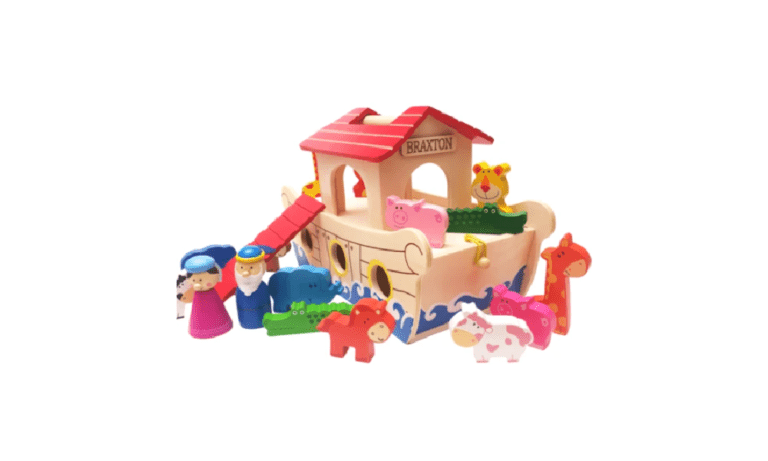Customers will sometimes ask us to recommend to them the best toy for their child or grandchild. Most will begin the conversation by telling us about their child or grandchild.
Whilst this certainly helps, we always like to ask more questions that go beyond gender, age or developmental stage. This is because everyone has a preference or preferences, and they certainly make all the difference.
We Always Buy What Appeals To Us
Think about your own buying habits for a moment.
When you’re shopping, you will always prioritise your preferences. If you’re buying a jumper, for example, you might find one that is the perfect fit and price but the only downside is the colour. It might look good on some but not on you. However, you might convince yourself that it’s not all bad. In fact, that jumper might have plenty going for it, especially considering it will keep you warm.
Is keeping warm the main reason why you would buy a jumper?
Yes, but…and there it is. That ‘but’ is the reason why you won’t end up wearing the jumper except if you were absolutely freezing and you had nothing else to keep you warm.
Essentially, what we buy has to really appeal to us if we’re to get proper use out of it and enjoy it.
Kids Choose Toys That Appeal to Their Sense of Play
Children are much the same. Especially with regards to personalised baby gifts.
These toys need to appeal to a child or baby before he or she’ll give it her full attention.
Something about the toy, beyond the child’s name on the toy, has to invite them to play with it and play with it regularly.
Once the child begins playing, the toy then has to prove its worth. This is when the child will decide if it’s worth her time and whether it has enough about it to hold her interest.
Let’s be honest – young children like repetition. This is how they develop skills.
Their toys need to be well-built, durable, and be able to withstand any play over a long period of time. Also, being reasonably easy to clean helps too (especially for us parents!).
Kids Learn Through Play
Kids are always learning through play as they love to discover and explore.
Through play, infants start to understand what cause and effect is and learn about their surroundings.
Small enough for tiny fingers to grasp, wooden toys such as personalised wooden puzzles typically come with several large pieces.
These are deliberately designed to make it easier for the child to pick them up and put them back.
Doing this repeatedly allows for the child to learn through repetition whilst also developing their fine motor skills.
Observe Kids Play Before Shopping For Toys
We typically make our best decisions when we’ve observed the child at place and know his or her preferences.
When choosing toys such as personalised baby gifts, you should always choose toys you think will appeal most to the child’s interests and mesh best with their existing abilities, emerging skills, and developmental goals.
And this is true for all children. Toys are 100% tools for play. When a child finds a toy interesting and engages in play, learning
This is true for all children, with or without special needs. Toys are tools for play. When a child finds a toy intriguing and engages in play, learning occurs naturally and joyfully.



Comments are closed.